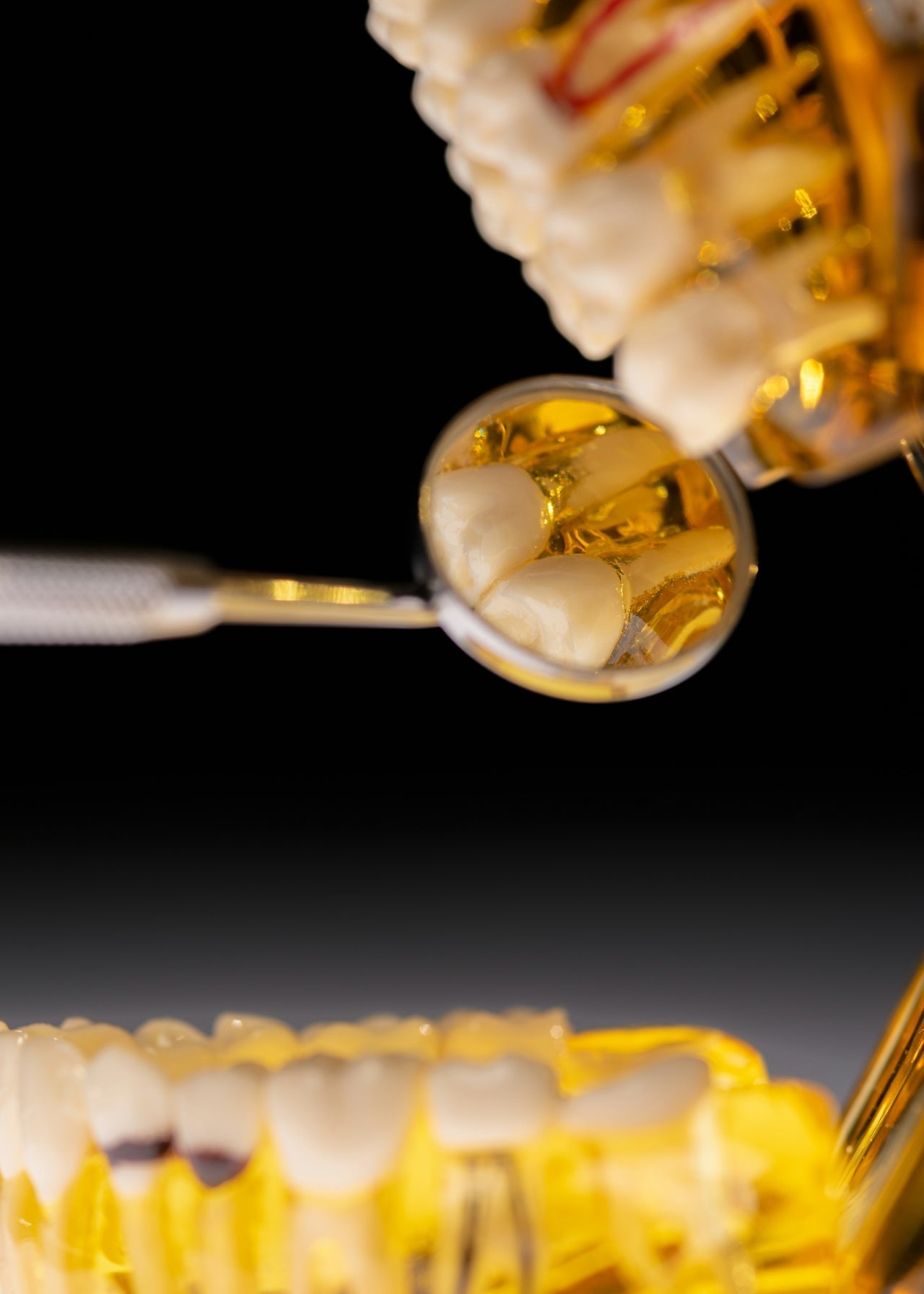Blood sugar is the measure of how much glucose is in your bloodstream. In a healthy person with no blood sugar issues, the hormone insulin helps signal the cells in the body to use that glucose for energy.
Too much glucose in the blood, too often, causes too much insulin to be released. The cells become desensitized to insulin, leading to insulin resistance. Excess glucose is stored in the body as fat. And the more your blood sugar goes up and down, the more tired you start to feel.
Eventually, this can lead to metabolic problems, inflammation, and gut issues. This is all before you even get to the level of diabetes which wreaks havoc on the body.
Even Insulin resistance itself is strongly associated with heart disease, which is the leading cause of death across the globe.
Focus on balancing your blood sugar to prevent these problems down the road and reverse any insulin resistance you may already be experiencing.
Here are some steps you can take
-
Limit your overall sugar intake. The average American consumes about 88 grams of added sugar per day. Added sugars break down very quickly in the bloodstream resulting in an almost immediate spike in blood sugar levels. Studies have shown that consuming too much sugar can lead to insulin resistance. Aim for under 25 grams of added sugar daily to avoid this unnecessary hit. There is no nutritional need for sugar in the diet. Watch out for hidden sugars in condiments and sauces. This added sugar will come from candy, cakes, cookies, and sodas. Try natural sweeteners for coffee like stevia or monk fruit.
-
Learn to dress your carbs. This is done by eating carbs with protein or fats, because they take longer to digest than carbs. Eating carbs with protein or fats can help slow their digestion, break down into glucose, and stave off a severe blood sugar spike. Eating crackers with nut butter, bread with butter or avocado, and potatoes with steak; these are all examples of how this pairing would work. Snacking on chips, crackers, pretzels, and the like is an example of what not to do. If you already have blood sugar problems, lowering your carb intake may help stabilize you.
-
Eat a savory breakfast. Most breakfast foods are sweet and mainly composed of refined sugar and carbs. We are looking for a breakfast that is savory vs sweet. Something like an egg omlette with veggies and goat cheese with a side of mixed berries would work perfectly here.
-
Eat your fruits whole. Once in a while, juicing has its benefits, but regularly, eating your fruits whole is best. The fiber in them helps slow their breakdown in the bloodstream, especially when it comes to fruit. Even though fruit contains “healthy” sugar, it will still be recognized as sugar in the body. Dumping too much in too fast without the fiber buffer can cause a spike.
-
Move after meals. Light walking after meals has also been shown to lower post-meal blood sugar levels. Doing this several times a day is even better.
-
Regular exercise. Exercising for at least 30-40 minutes four times a week can significantly benefit insulin regulation and blood sugar levels. Its effects are almost immediate as well.
-
Start with salad. Eating a salad or veggies of some kind can actually help reduce the spike in blood sugar from the meal consumed after. While this is not something that needs to be done every time you eat, it can be a very efficient hack for those that need it.
-
Start with salad. Eating a salad or veggies of some kind can actually help reduce the spike in blood sugar from the meal consumed after. While this is not something that needs to be done every time you eat, it can be a very efficient hack for those that need it.
-
Focus on good sleep. Several studies over the last few years have shown that poor sleep makes it VERY hard for the body to manage blood sugar the next day even when eating a good diet.
-
Fix your gut. Evidence suggests that a disruption in the bacterial environment in the gut can cause inflammation that exacerbates insulin resistance and other metabolic problem
-
Supplements that can help. Certain natural supplements such as berberine , cinnamon and bitter melon have all been shown to have positive effects on blood sugar and metabolic health.
-
Bonus: You can even try a continuous glucose monitor for just a month or so to get a baseline of how your blood sugar responds to certain foods if you really want to geek out on this.








